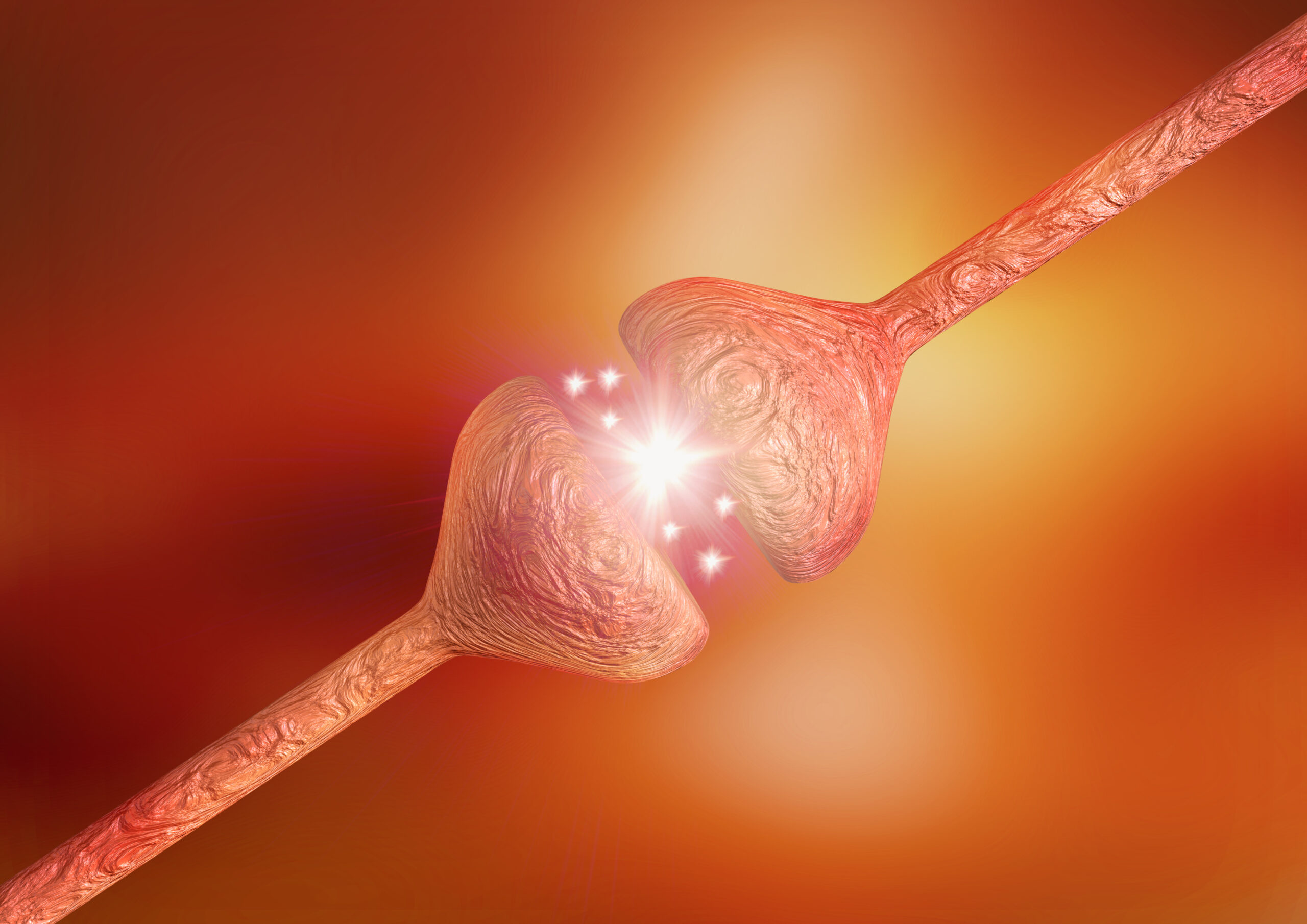The Role of Acetylcholine in Brain Aging and Alzheimer’s Disease
The Role of Acetylcholine in Brain Aging and Alzheimer’s Disease
As we age, our brains undergo significant changes that can affect how well we think and remember. One key player in these changes is a neurotransmitter called acetylcholine. It plays a crucial role in cognitive functions such as memory and learning. In this article, we will explore how acetylcholine impacts brain aging and its connection to Alzheimer’s disease.
### What is Acetylcholine?
Acetylcholine is a chemical messenger in the brain that helps neurons communicate with each other. It is synthesized from a nutrient called choline, which is essential for brain health. Acetylcholine is involved in various brain functions, including memory formation, attention, and muscle control. It acts through two main types of receptors: muscarinic and nicotinic receptors, which are found in different parts of the brain.
### Acetylcholine and Brain Aging
As people age, the cholinergic system, which uses acetylcholine, can become less efficient. This does not mean that the number of cholinergic neurons decreases, but rather that their signaling ability weakens. This decline can lead to cognitive impairments, such as memory loss and difficulty concentrating. However, research suggests that this decline can be influenced by environmental factors, including diet and nutrition. For example, maintaining adequate levels of choline through diet or supplements can support the health of the cholinergic system.
### Acetylcholine and Alzheimer’s Disease
Alzheimer’s disease is a neurodegenerative disorder characterized by progressive cognitive decline. One of the hallmarks of Alzheimer’s is the dysfunction of the cholinergic system. Studies have shown that patients with Alzheimer’s often have reduced levels of acetylcholine in their brains. This reduction is linked to the degeneration of cholinergic neurons and the formation of amyloid plaques, which are toxic to brain cells.
The connection between acetylcholine and Alzheimer’s has led to the development of treatments aimed at enhancing cholinergic function. Drugs like cholinesterase inhibitors work by preventing the breakdown of acetylcholine, thereby increasing its availability in the brain. These medications can help manage symptoms of Alzheimer’s, such as memory loss and confusion, although they do not cure the disease.
### Conclusion
Acetylcholine plays a vital role in maintaining healthy brain function as we age. Its decline is associated with cognitive impairments and is a key factor in the development of Alzheimer’s disease. Understanding the importance of acetylcholine can help us appreciate the need for a balanced diet and lifestyle that supports brain health. While there is no cure for Alzheimer’s, managing acetylcholine levels through nutrition and medication can improve quality of life for those affected by this condition.





